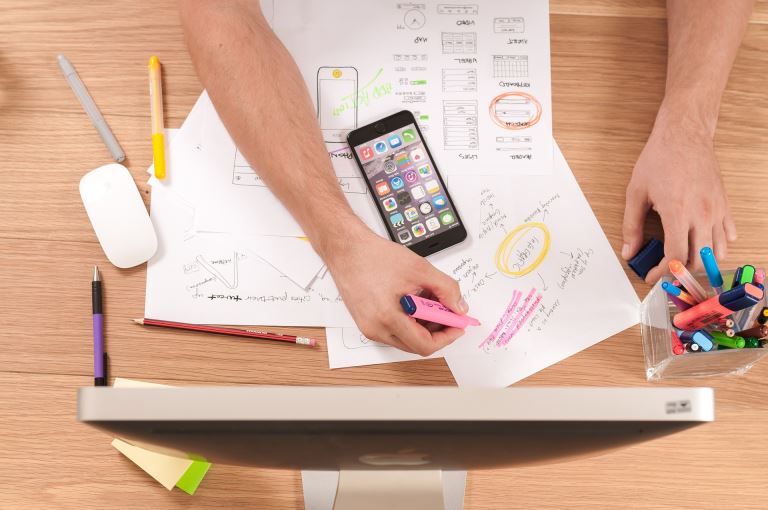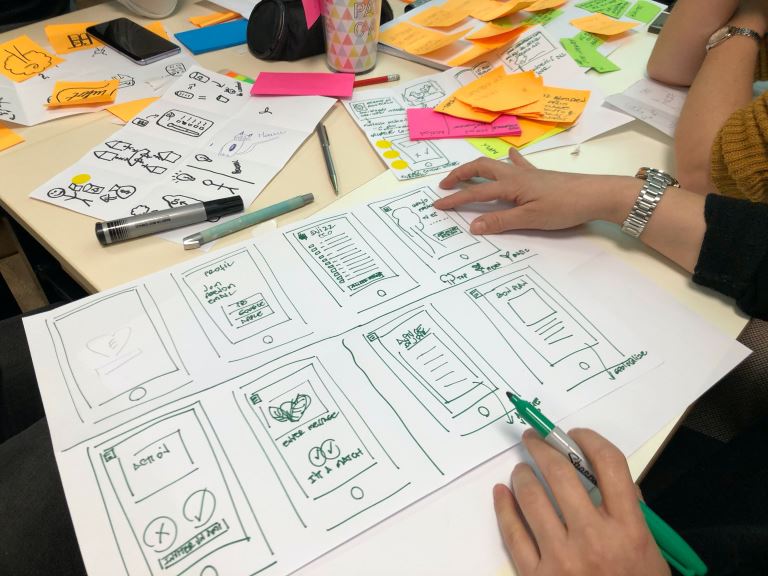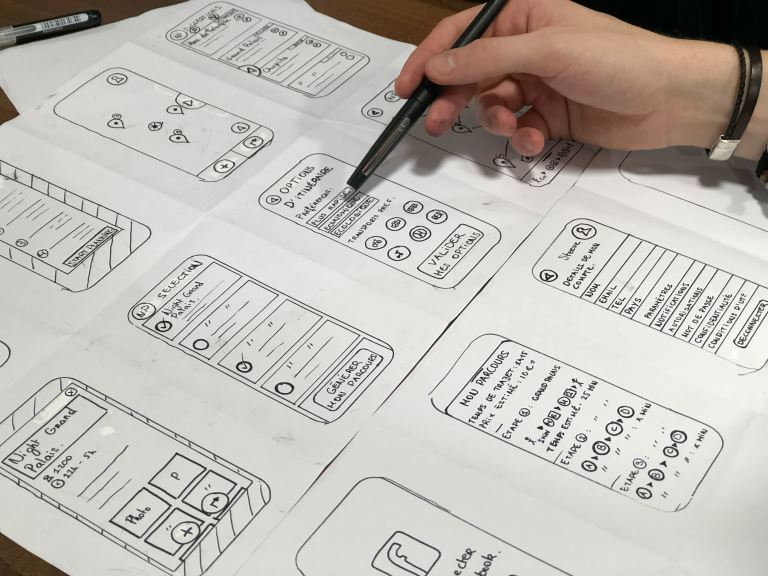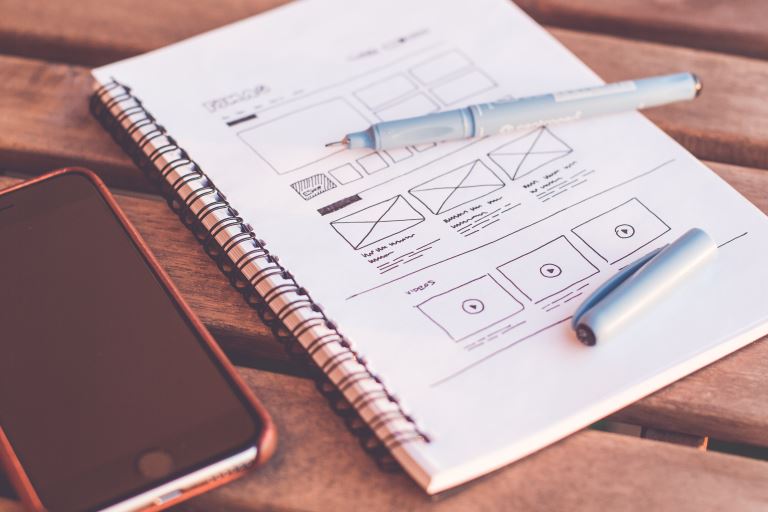What Prototyping Experts Want You To Know
Nothing feels better than learning something from an expert's perspective. This article is just about that, and it's well-detailed to inform you what prototyping experts want you to know.
There are several things that a prototyping expert wants you to know; know the purpose of the prototype, your prototype doesn't have to be perfect, examine your competitor's prototype, don't be too economical, protect your intellectual property, and gather feedback. If this feels like the article you've been looking for, I will encourage you to keep reading.
Keep reading to learn more about why you should hire a prototype expert.
What Prototyping Experts Want You To Know
Creating a new product begins with an idea. A prototype is then created to turn the concept into a working product. It shows the creator whether the idea will work or not. It helps detect many problems associated with your product, like issues in its functionality. It would be best if you had a good plan in your design to avoid leaving out fundamental features that can lead to your prototype failing.
What is the importance of prototyping?
Prototyping helps us know what a product will look like after its completion. It makes us understand how the product will function in the actual world and how it will draw in customers. The table below shows the importance of prototyping.
| Modify your tooling | Adjust the design | Provides quality assurance | Make a more durable product |
| After finishing your prototype, You might realize that you will achieve more efficiency by modifying your tooling and equipment. | By building a prototype, you can handle a working example of your proposed product and ascertain which elements are effective and which aren't. | You can identify any problem that results in defects in your product by testing the prototype before rolling it out. | You can assess whether the fasteners and other components you employ to create a durable product are appropriate. |
Following professional advice to create your prototypes ensures they are affordable and effective. Prototyping experts have several tips for making a successful prototype.
Here is what prototyping experts want you to know:
1. Know The Purpose Of The Prototype
The first step is to identify the purpose of your prototype. Many organizations develop a new product but don't know how to start prototyping. They realize it's time to create a rough version of their product, but they don't know how to start making it or what the prototype will do. Prototypes fulfill different goals, so it's essential to understand the purpose of your prototype before developing it.
2. It Doesn't Have To Be Perfect
The purpose of your prototype is to showcase to your customers that your concept works most quickly and affordably. You know that availing your product to the market is critical, and your prototype enables you to infiltrate the market before you launch your product. It doesn't have to be perfect because it's rare that your prototype will be the last.
3. Examine Your Competitor's Prototype
If you are creating a physical product, disassemble it to check: What materials have been used, the order in which it's assembled, and any other points that can save you money. If you are making an online product like an e-commerce site or a mobile app, you can check out those in your space's user interface or traffic flow. Find out what is working and what you can improve on your prototype.
4. Don't Be Too Economical
When developing prototypes, avoid being overly frugal to prevent losses. When you realize the need for a particular product in the market, you should take the opportunity immediately to avoid losing potential profit or high sales when the product is still in high demand. Such delays can result from learning to create the prototype, which may take months or even years. Outsourcing for a prototyping expert will expedite the process, and you'll get your product in the market when its demand is still high.
5. Protect Your Intellectual Property
Showing a unique or ground-breaking idea to others before pre-launch can be risky. Your internal commissions wouldn't need you to worry much, but for external parties, you must take measures to ensure your property is protected. Some of the options to protect your property are: Document your prototype. Create strong access credentials. Use digital rights management. Draft a nondisclosure agreement. You can hire an intellectual property lawyer to conduct a patent search for you. This will help you avoid legal trouble and missed sales.
6. Gather Feedback
Once you design your prototype, turn to prospective customers to collect feedback. Consulting industry experts or displaying it at events can also be a good idea. Ask open questions and try not to give so much information. Allow for unbiased feedback so that you get to know the truth about your product. Doing so will help you make corrections or improvements where necessary.
Why you should hire a prototyping expert
Your firm may come up with an idea for a new product but may not know how to manufacture the product's prototype. It's essential to have a professional and quality design of how you want your product to look. Professional knowledge from an expert can come in handy in this situation. There are many benefits of hiring a prototyping expert that will see your product reach the market how you intended it to without any flaws.
Here is why you should hire a prototyping expert:
1. Helps In Customizing Your Product
A prototyping expert helps you to distinguish your product from others in the market. They aid you in gaining a competitive advantage in your prototype by creating and adding extra features to help your product stand out. An expert can customize your product in whichever way you want and test which one works best for you.
2. Reducing Costs
You shouldn't worry if you don't have a big budget for designing your prototype. An expert will give you more control over your expenses and allow you to minimize them while still helping you to produce a unique end product. Some of the ways experts can help reduce costs:
- Reduced fixture and machine costs. Depending on the product, making a fixture or buying a new machine can be very costly. An expert comes equipped with them all.
- They have reduced lead time. An expert minimizes the time spent creating molds as you undertake other duties such as testing or marketing.
- You have reduced material costs. An expert helps you identify the suitable material for your product instead of using a trial and error method to figure out which one will work for your product. This helps in reducing the cost of buying different materials.
3. Offers Specialized Tooling
An expert offers both modern and traditional manufacturing tactics. Some prototypes require specialized tools to be practical and functional. The devices are essential in making adjustments to the equipment. Developing a prototype without the necessary tools can alter its overall appearance and cause a product to fail in the market.
4. Knowledge Of The Product Category
Making products in the same category as yours has given the experts immense knowledge, and they can answer any questions you might have. With their broad experience base, it makes sense to work with an expert with all the necessary tools and expertise. They can offer consulting services too.
5. Quick Turnaround Time
With the prototyping experts possessing the right tools, you have all reasons to demand a swift turnaround time. You can identify an expert who promises shorter lead times by:
- Technical expertise
- High production capacity
- In-house equipment tailored to your prototype
- Employees to help in expediting the work
A quick turnaround time also means high sales because the prototype will be manufactured on time, and the actual product will be released on time.
What are the various types of prototyping?
Prototyping is the first step in turning a concept into a finished product and is primarily used to test the idea. A well-crafted prototype is key to a successful outcome. The table below illustrates the different types of prototypes.
| Types | About |
| Rapid prototyping | When you need to build something rapidly, you can use the rapid prototyping process to swiftly engineer an early model of a product using a 3D computer-aided design. |
| Storyboard prototyping | A storyboard provides a product description in the style of a story and illustrates the typical sequence in which information should be presented. It aids in choosing an appropriate order in which to display data. |
| Incremental prototyping | Small prototypes are built separately in parallel to form one comprehensive whole. |
| Simulation prototyping | A physical product is created digitally to test its performance in the real world. |
Conclusion
For your product to reach the market in time, you need professional advice and a partner to help speed up your efforts while saving time. Without the right expertise to design your prototype, you will save costs and be in time to reap the profits of your product. Consider hiring a prototyping expert to avoid legal tussles with a new prototype. You can contact Guru solutions for effective prototyping services.













